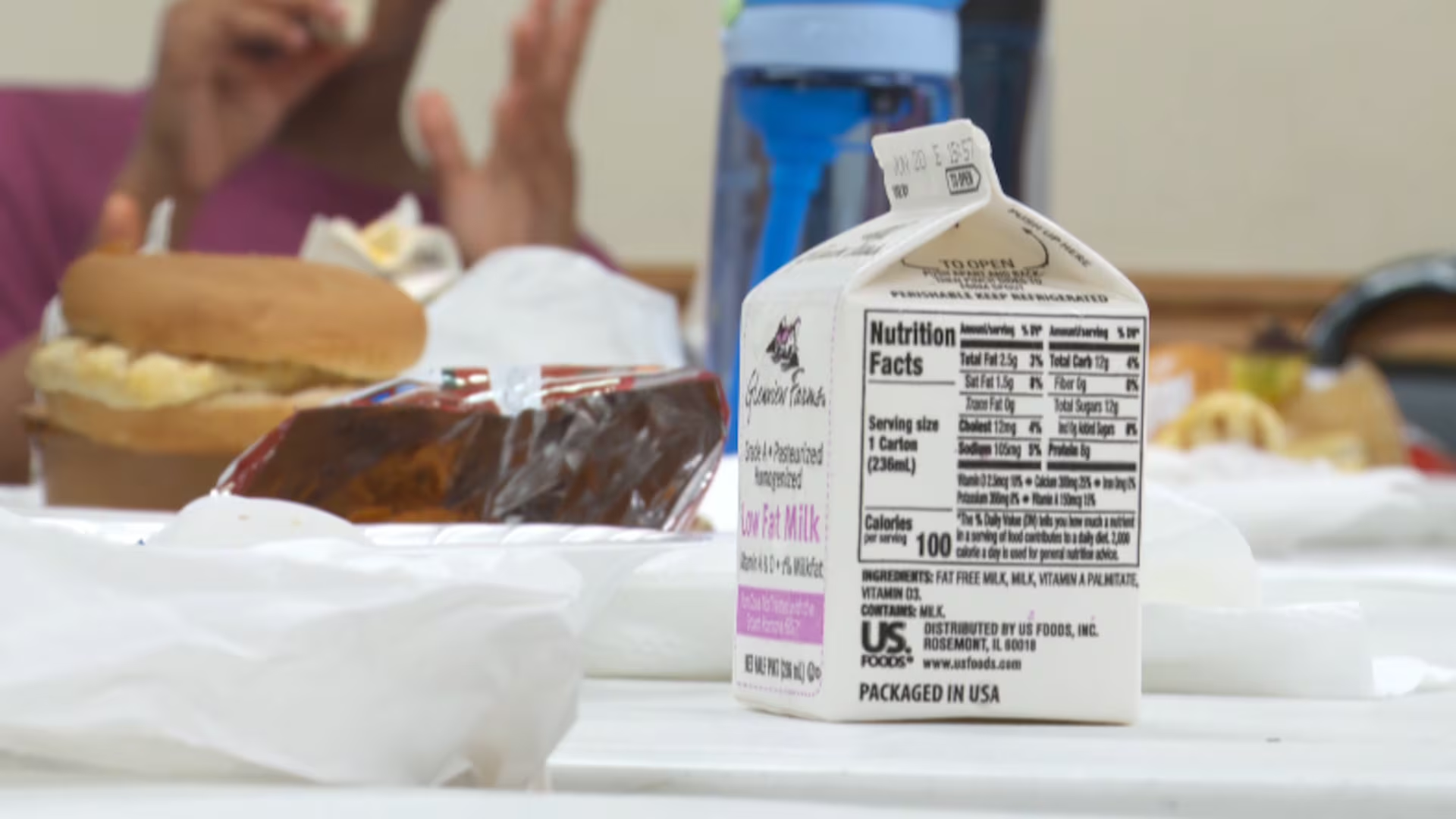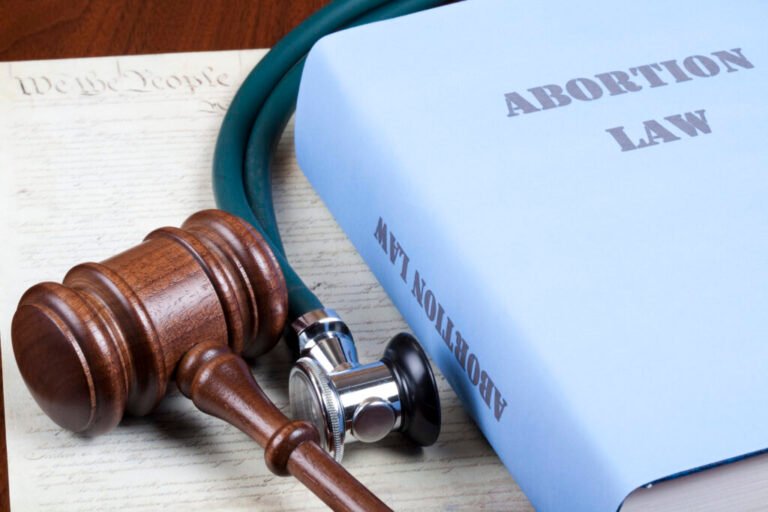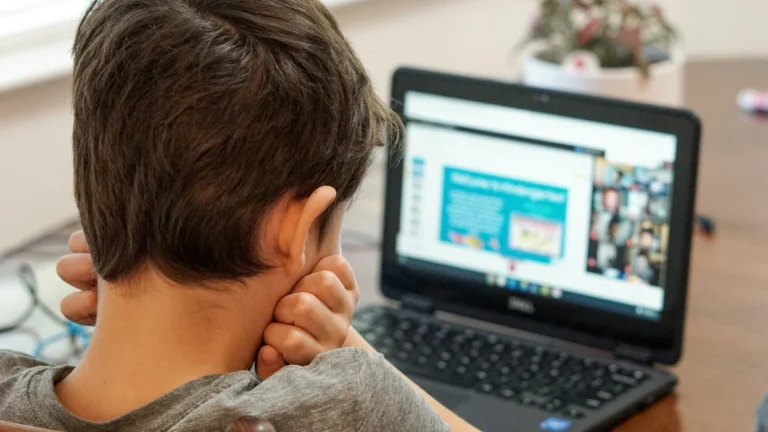South Carolina Students to Benefit from New Free School Meals Law
COLUMBIA, S.C. – Thousands of students across South Carolina will now have guaranteed access to free school meals as a new state law takes effect for the 2025–2026 academic year.
The law, signed into the state code this summer, requires school districts to participate in the federal Community Eligibility Provision if they meet the qualifying threshold. This provision allows districts or individual schools where at least 25% of students live in poverty — based on criteria like Medicaid eligibility — to provide free or reduced-cost meals to all students without requiring families to fill out applications.
A Permanent Change for Families
The policy had been a temporary budget proviso for several years but is now a permanent state mandate. Sue Berkowitz, founder and policy director of the South Carolina Appleseed Legal Justice Center, said the change will make a major difference for families.
“The more we are able to feed kids in school, the healthier they stay, the better they learn,” Berkowitz said. “It’s better for families because they can spend their limited resources on meals at home.”
Districts can request to opt out if they can prove participation would cause financial hardship.
Expanding Access Across the State
Last year, nine districts in South Carolina did not offer free meals to all students. Only one of those districts reported not qualifying for the program because too few students lived in poverty.
Meg Stanley, executive director of Wholespire, emphasized the importance of compliance.
“What we’re concerned with is, are the schools and districts abiding by the law? And if they’re not, then that’s a problem,” Stanley said.
Before this policy began, roughly 40% of South Carolina students received free meals. That number is now about 80%, with nearly 1,000 schools offering free meals to all students.
Fighting Childhood Hunger and Meal Shaming
The law also strengthens efforts to fight childhood hunger in South Carolina, where one in six children is considered food insecure. Several years ago, the figure was closer to one in four.
Additionally, the legislation permanently bans meal shaming — a practice in which students with unpaid meal debts are barred from school activities like field trips or graduation ceremonies. The state had already prohibited the use of debt collectors for unpaid meal accounts in 2022.
With uncertainty surrounding Supplemental Nutrition Assistance Program (SNAP) eligibility under the recently signed “Big Beautiful Bill,” advocates hope the new law will help ensure students don’t lose access to free school meals.
“Hungry kids can’t stay healthy; hungry kids can’t learn,” Berkowitz said.
South Carolina’s move places it among states taking aggressive action to ensure no child is left without food at school, regardless of their family’s financial situation.
Have thoughts on the new law and how it might impact your community? Share your views in the comments and continue the conversation at SaludaStandard-Sentinel.com.







